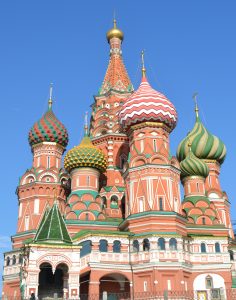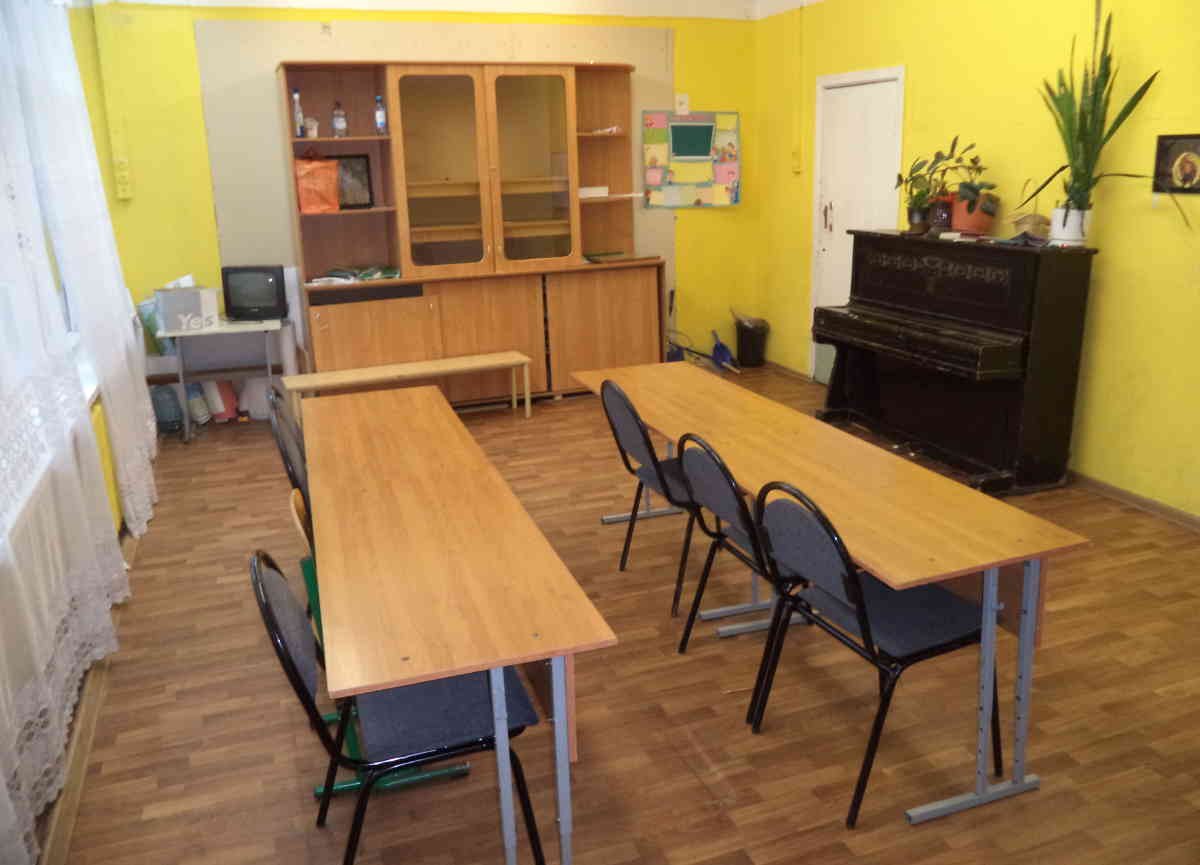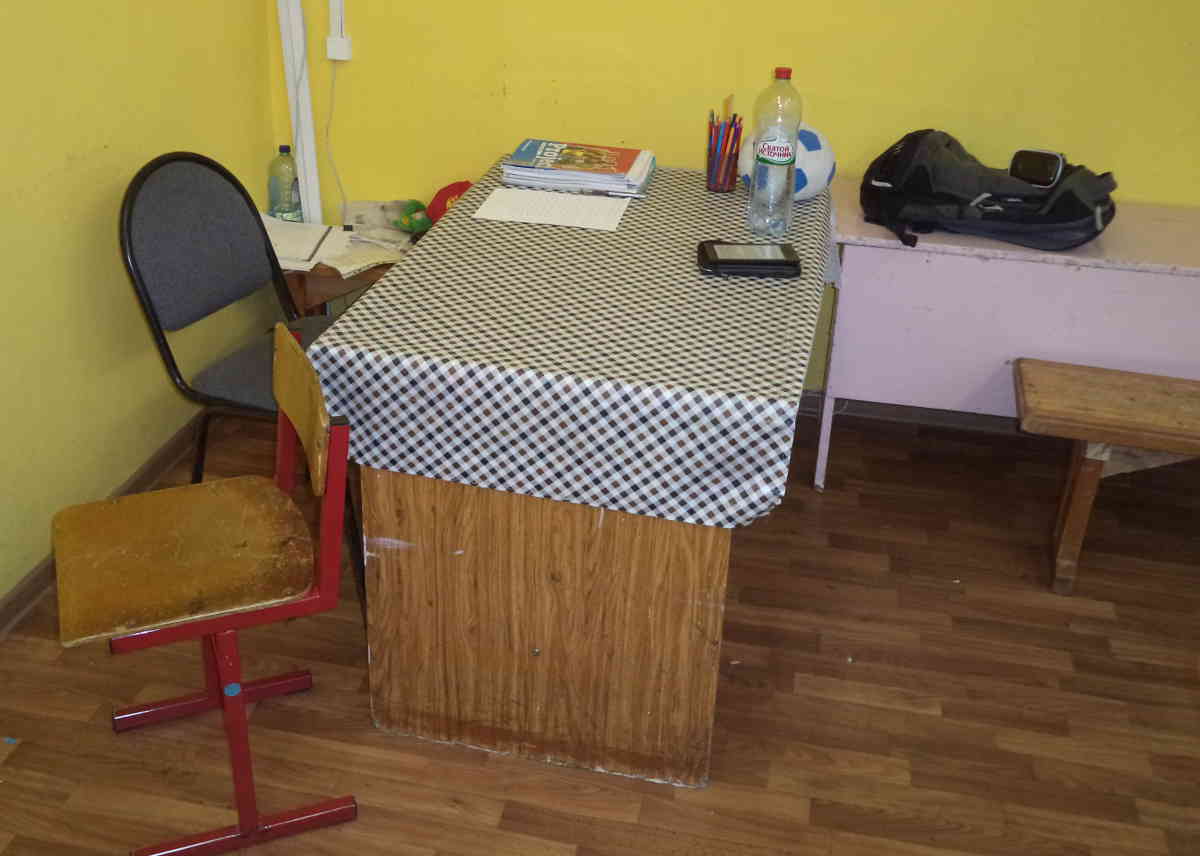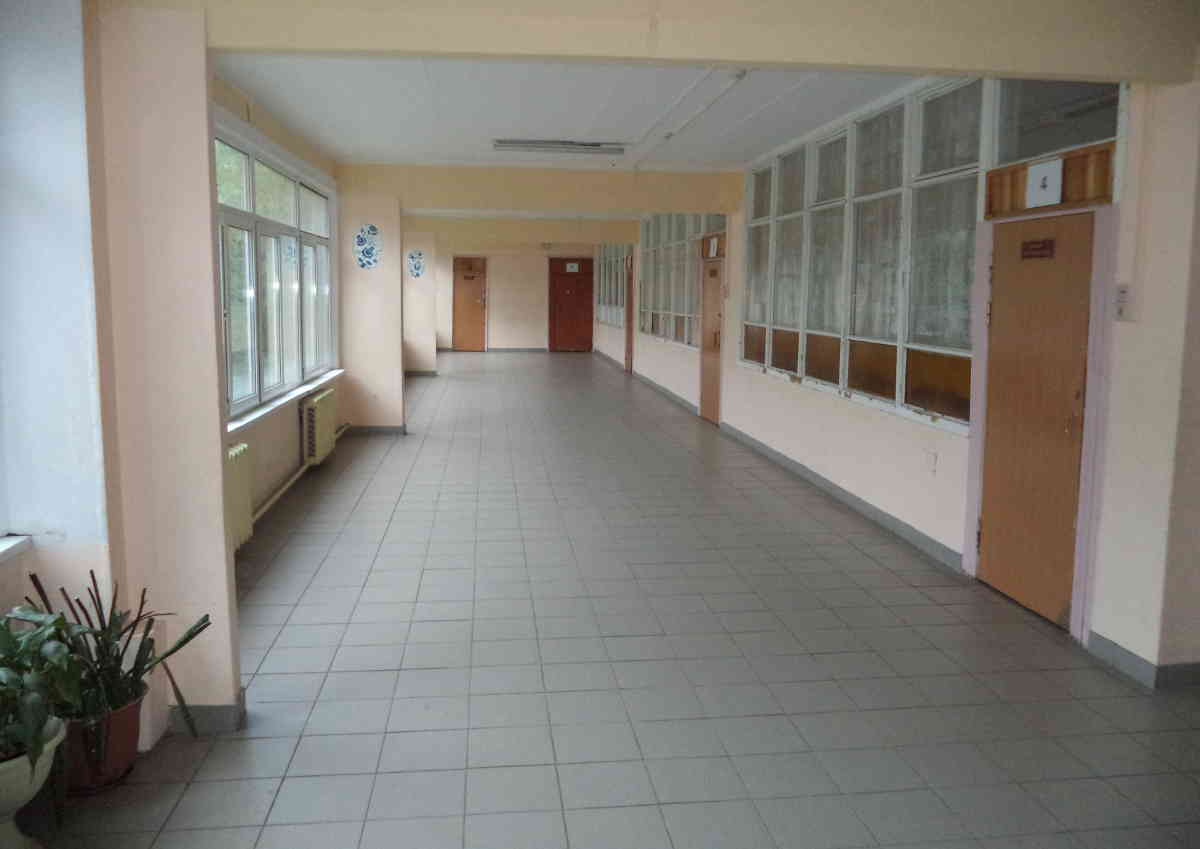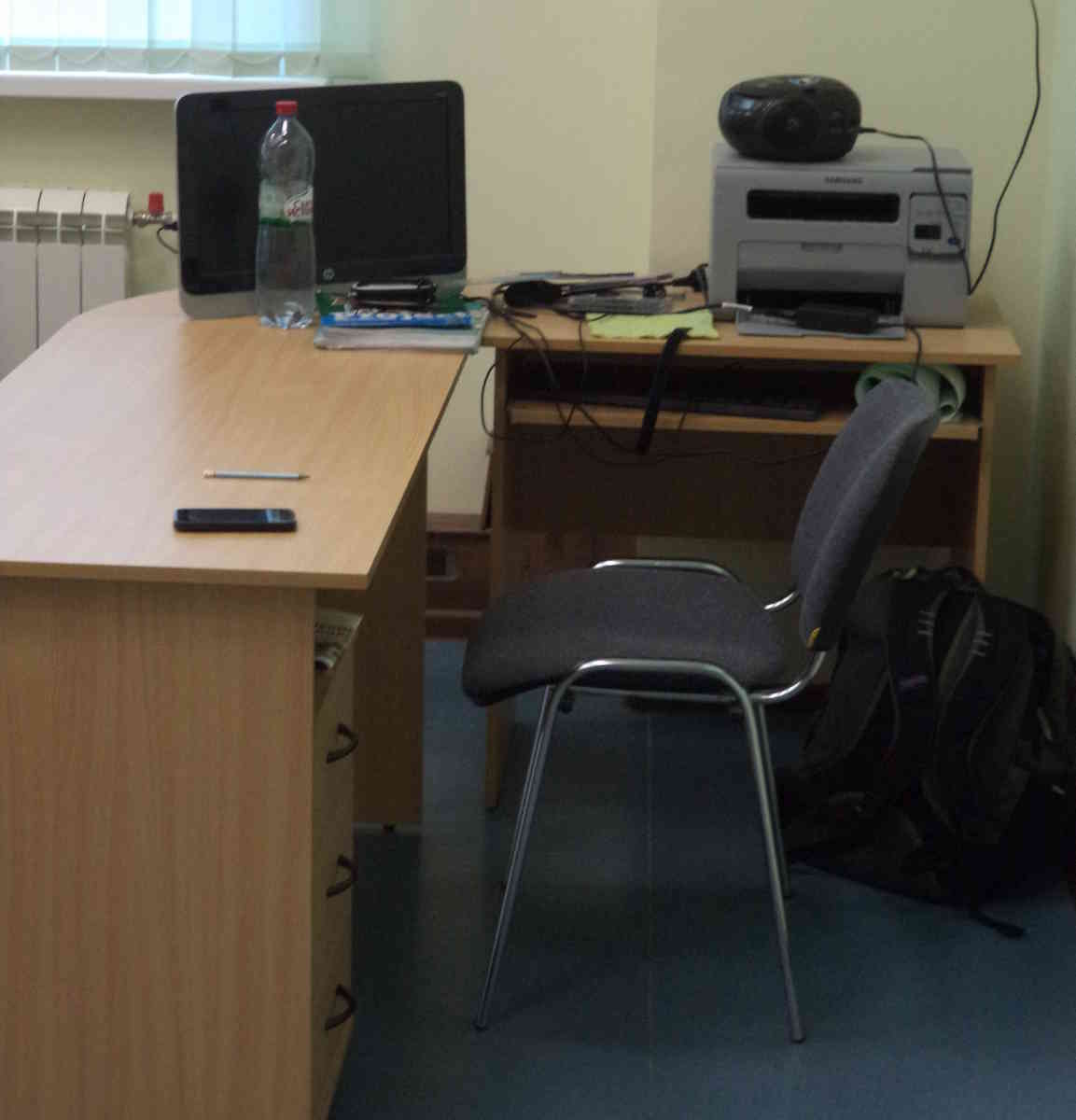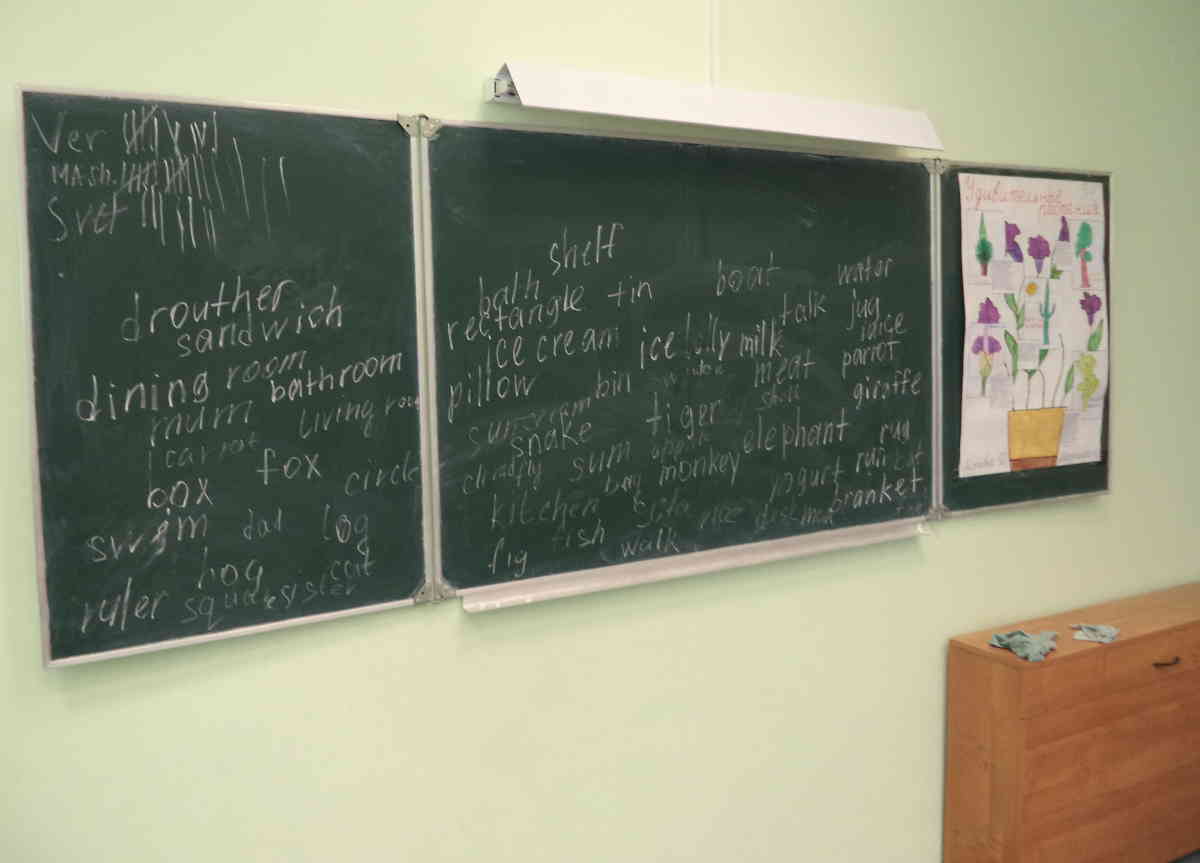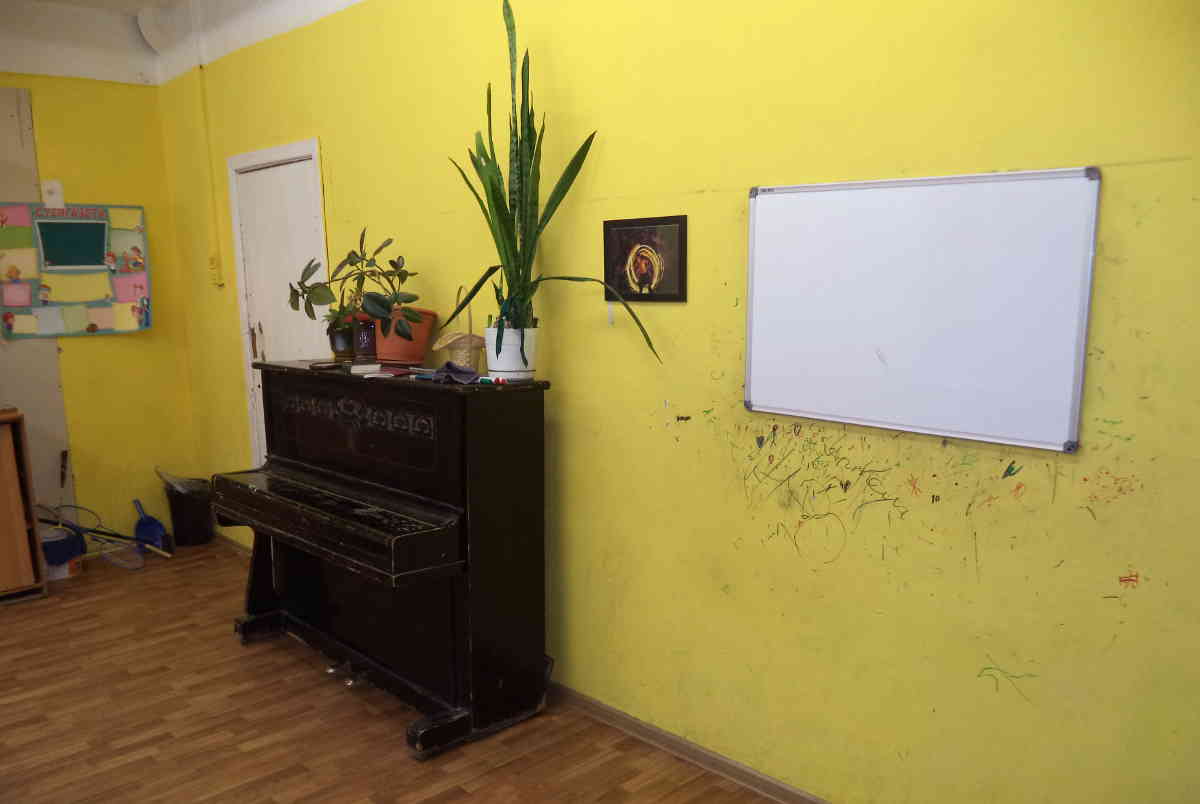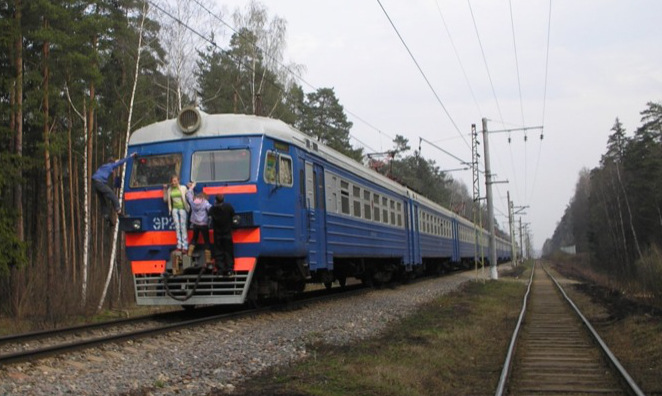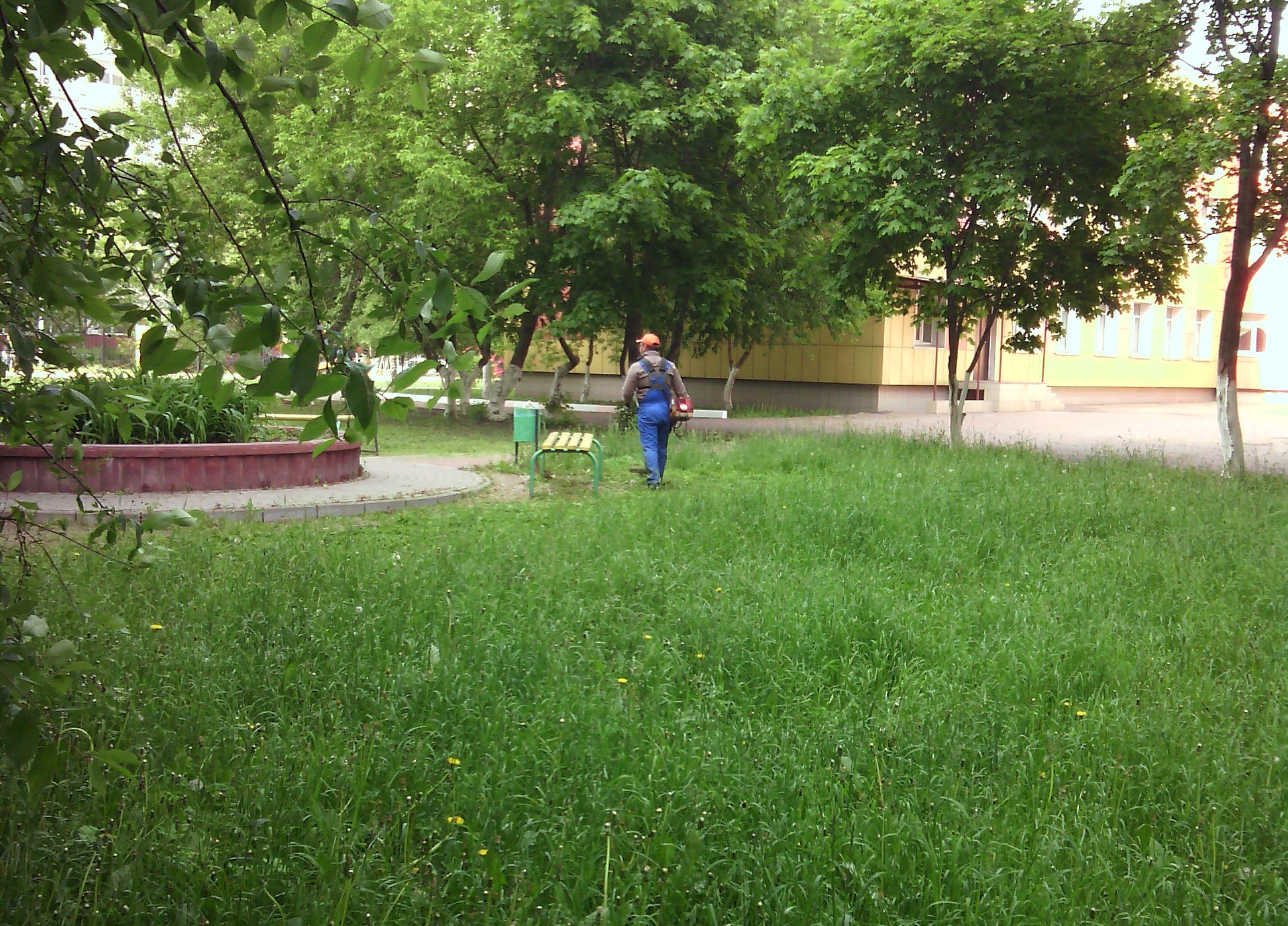When I started looking for employment in Russia, I didn’t imagine that I would end up working in a Russian state school. In fact, I didn’t even know what a state school was! It sounds like something draconian where they send repeat offenders for a lobotomy and lithium. It turned out to be nothing of the sort. State schools is another way of saying public schools. For the last three months, I have gotten the opportunity to spend four days a week teaching in the Russian public school system.
After securing employment in June, I signed a contract in America that explicitly stated I would be working in a private school. I felt elated after having achieved my goal of finding work in Russia. However, after four weeks in country, the school I work for was forced to fire an incompetent teacher at a different branch. At the end of September it created a black hole that sucked in a teacher from our branch. His absence created another void. Josh was the designated state school teacher, who would teach in the schools now?
At the time, I had been flouting the dress code. Long past the date when my boss had mandated dress shoes, I had been wearing sneakers. When I was called into the head administrators office, immediately after sitting down I tucked my feet beneath my seat. I was apprehensive about being scolded for my breach in etiquette. In retrospect it seems silly but at the time, I sure was nervous.
They sat me down and Dave cut straight to the point.
“So, as you know were moving Josh to the other branch. Since he was supposed to teach in the state schools, we need someone else to work there now. We want you to do it. Would you be ok with teaching in the state schools?”
At the time I didn’t understand what they were asking. I had no idea that teaching in the state schools meant a car ride there and back. I didn’t understand that it would mean sharing a common classroom without the ability to customize it. I had never taught a class on my own before and I was wildly naive about the entire experience. With my two most senior bosses staring at me I was like a deer caught in the headlights.
I stammered out “Yeah ok, that’s fine.”
Teaching Kids, and Only Kids
Three months later I have my regrets, but they are not substantial. What’s affected me more than the location of the state schools, or the impersonal classroom, is the makeup of my classes. By agreeing to teach solely in state schools, I guaranteed that every one of my students would be a kid. A majority of my students are under the age of ten. In fact, it was Arseni’s birthday on Thursday. After we sang the happy birthday song, I asked him how old he is. Everyone in the class was impressed when he said ten! Turning ten is a momentous achievement for many of my students.
I work four days a week. I prepare lessons from 12:00 to 2:30 and I teach from 3:00 to 8:00. On Mondays and Wednesday I’m in school number eleven. Tuesdays and Thursdays I spend at school number eight. One of the nicest perks of my job is having Fridays off. I use the day to sleep in late, prepare for Monday’s lessons and then at 1:20 I have a Russian lesson.
Some things are the same as back home. Students learn about using computers, there is a cafeteria and a gym. Teachers walk around the halls with lines of stress etched into their faces. When I pass a teacher in the hall, I always give the formal greeting, здравствуйте. However, one of the quirks of Russia is that they number their schools instead of using names. Come to think of it, I haven’t a clue how they cheer for their sports teams.
“Давай, номер 11, давай ДАВАЙ!” (Let’s go number 11, let’s go LET’S GO!)
A Typical Work Day
The only thing the two schools I teach at have in common are their security guards. At the beginning of every shift I am greeted by overweight, bored and underworked security guards. Unless they’re on the phone they flash a smile as they hand me the keys to my room. Their job is superfluous. Russia has its problems, but unlike America, they don’t have an insidious problem with school shootings.
I usually arrive at the school fifteen minutes before class. I get the key from the guard and unlock my room. Unpacking my backpack takes a scant two minutes. After everything is sorted on my desk, I prepare for class. In maintaining discipline, body language and posture is indelible. By reaching towards the ceiling and then trying in vain to touch my toes, I begin to assume a commanding posture. Shoulders rolled back, neck straight and chin lifted. This Wednesday in my second class, I spontaneously stretched out with the help of my student.
Little Misha can’t weigh more than nine gallons of milk. The board was covered in math problems from the previous class and he was erasing the bottom half. The upper reaches were out of his grasp. When he had finished with the bottom, I grabbed him around the middle, the fingers from my two hands nearly touching each other. For twenty seconds I held him up high while he erased the board. Significantly less efficient than erasing it myself but loads more entertaining for everyone.
My Students Level of English
Every day I work my way up the fluency ladder. I start off with my spastic nine year olds. At their level, I’m thrilled when my more ambitious students produce a sentence like “he’s a crazy student” or “she has a card.” Most of what they learn is vocab without context. They can identify all sorts of words from pencil to swing but they haven’t discovered how to make sentences yet. At this age, however, they learn quickly and their pronunciation is better than adults.
Teenagers pour into the classroom next. Their level of English varies wildly. By the age of twelve or thirteen, some of them are capable of holding a normal conversation on a variety of topics. Other’s can’t distinguish between a person asking “how old are you” and “how are you.” Maybe it’s because in Russian, the two questions are very dissimilar: “сколько тебе лет” as opposed to “как дела.”
On Monday and Wednesday nights I am rewarded with a chance to teach two teenage Armenian girls. Both being named Anna, I refer colloquially to them as “The Annas.” At the age of fourteen, they are already fluent in three languages; Russian, Armenian and English. Because they speak great English and have a good work ethic, our classes are always interesting. The Annas hope to become architects someday. I like to cater to their future whenever possible. We have designed imaginary apartments filled with furniture. Mock cities with parks, subway stations and apartments. Last week we created our ideal houses while learning the vocabulary that goes with it. There are few Russian kids who are as familiarized with a floor plan as The Annas.
After My Shift is Over
During the winter, it’s dark in Russia before five. By the time I leave my school at eight, it might as well be midnight. Every day Leonard, my driver, picks me up from the front entrance of the school. He’s a stout six feet with a small sheath of grey hair on his mostly bald head. I’ve known him for four months and I’ve never seen him move with haste. Hands in his pockets, shoulders lightly slumped and frowning, he moves from point A to point B like a tank crawling across the battlefield.
I spend more time lost in confusion with Leonard than any other person in Russia. After forty-two-years of smoking, he speaks a deep husky Russian. It was indiscernible to me for a full two weeks. After three months of car rides I’ve gotten past the accent, but that’s only like peeling the skin off the onion. He speaks quickly and makes no effort to aid me in understanding. The only time he speaks slowly or consistently uses vocabulary I understand is while making a crucial point.
By the time I arrive home I’m usually running on empty. It’s nine at night and time for me to cook dinner. I bring my laptop to the kitchen and set it down on the messy table. If I’m especially tired, I watch South Park. If there is some spirit left, I’ll read the New Yorker online while my dinner sizzles in olive oil.
It’s an interesting life. As a whole it’s agreeable although sometimes it can be challenging. Many times have I imagined buying a plane ticket and leaving Russia for good. It’s a refreshingly pleasing thought that brings relief to me on the hard days. But I know that before my plane was even out of Russian airspace I would regret it. Challenges make life interesting (like the time I tried to eat a raw egg in my girlfriend’s Moscow apartment). They can make life hard in the short term but they are wonderful fodder for stories later on.


